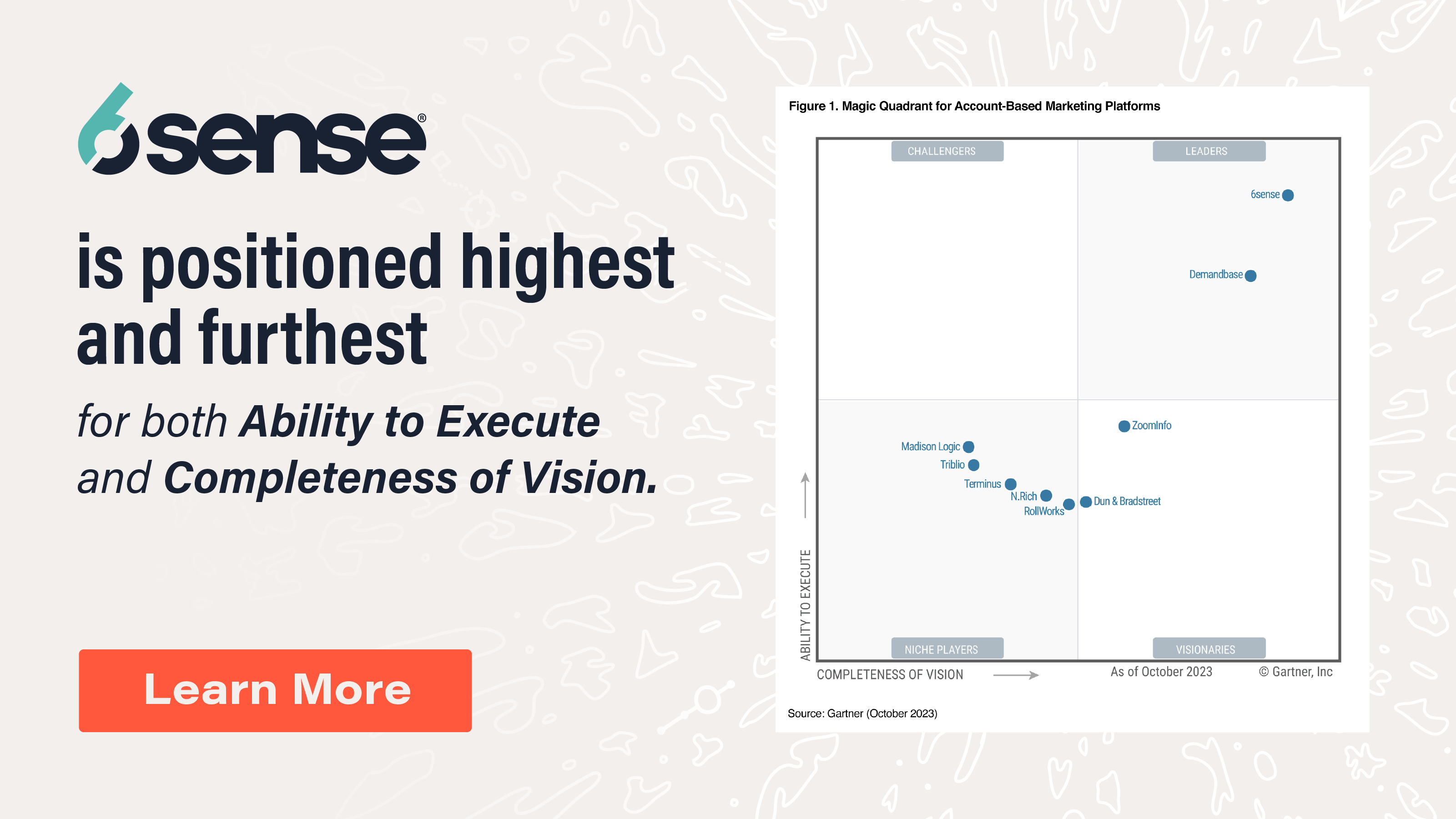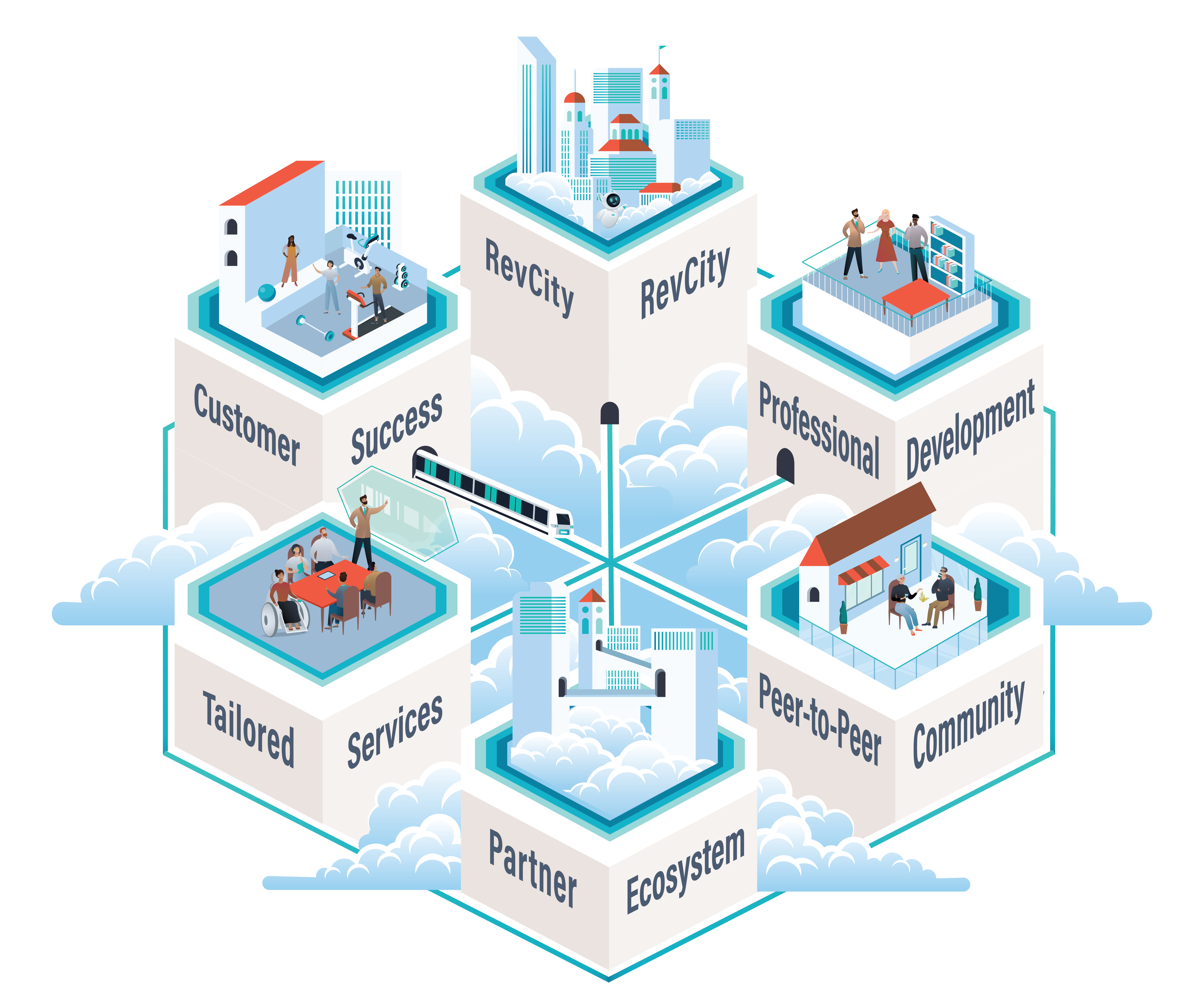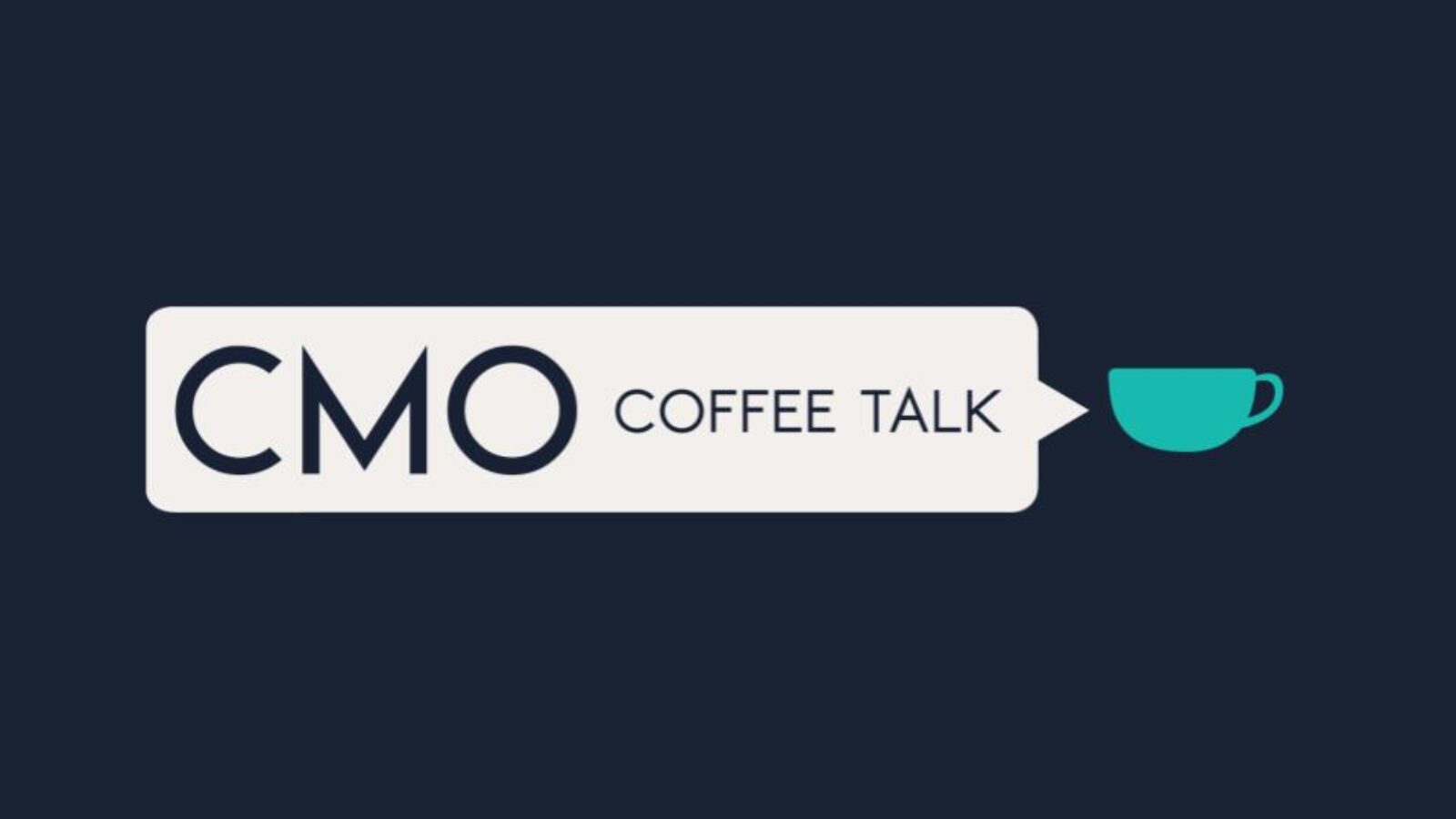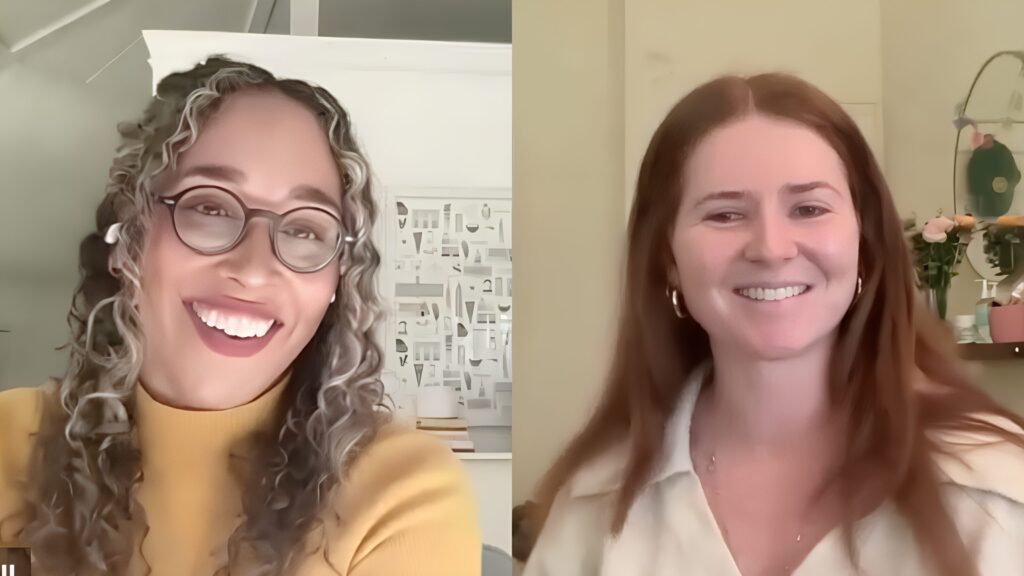It was a CMO Coffee Talk session high on emotion, transparency and curiosity. The concept of inclusive marketing rightfully started with a conversation about internal priorities. How diverse is your team? Your vendors and agencies? How committed is your leadership team to DEI initiatives and goals?
Special thanks to Dr Nika White and Katie Martell for joining us in a candid conversation covering a wide range of topics.
Below are a few highlights from the chat stream (shared without attribution this time – we don’t record these live sessions to encourage open, safe participation):
I feel like it needs to start with how we hire. If our teams are diverse, this wouldn’t be so hard.
There’s a “you don’t know what you don’t know” factor. When you have a diverse team, the people on it are able to spot many issues before they are launched or go live. It’s certainly not perfect, but I don’t think the goal is perfection, I think its progress and a desire to heighten awareness.
Diverse team plus purposefully creating an environment where everyone has a voice and inclusive marketing is a clear priority.
It’s not always about diversity. Diversity is all around us. Diversity flourishes with a culture of inclusivity in an org. It starts with an equitable and inclusive culture which attracts great talent and retains great talent.
I think diversity in organizations starts with voice which is a company culture choice around decision-making and communication. Do you want employee engagement or employee involvement?
But its also looking at how you hire and whether you’re hiring through existing networks (in which case, you will get more of the same types of people) and what requirements you’re asking for in your job description (degrees, etc.). There are many things we do in hiring that create self-reinforcing cycles, IMHO.
What I like about the term ally, is it allows us to not be perfect. This is so complicated, and we have to give ourselves the grace to make mistakes while holding ourselves accountable to grow and stay true to the goal of inclusivity and justice.
Part of the job of a company’s leaders is to take those “company values” posted on the wall in a lobby or break room and help their people have discussions and figure out what they actually look like day-to-day.
The core challenge I have seen is as marketers, how do we drive inclusivity without pandering or coming off as otherwise inauthentic – especially when we don’t have sufficiently diverse teams (yet) to be able to inform better authenticity. I feel inauthentic multiculturalism can do more harm than good.
Adam Grant has a great new book called “Think Again” that talks about the importance of psychological safety in the workplace, and creating an environment where people feel safe about speaking up, being wrong, and talking about tough subjects. That’s the kind of environment where people learn and grow, and I think that is the #1 thing that needs to be in place in our workplaces to bring about change.
Meeting our DE&I goals are tied to executive compensation. It starts at the top.
Totally agree that there is a moral obligation as well as an opportunity for positive business impact. Business leaders who don’t feel that moral obligation can perhaps be swayed by stats like those in this doc (top of page 2).
It gets tricky when the space doesn’t feel “safe.” We are brave, we are courageous, we are committed —– YES! We also need to keep our job…. how crappy is that choice?!?!
Hiring can have a huge impact especially diverse hiring at director+ who can manage with impact in the org. Marketing can work with hr/recruiting to help ensure the brand reflects that objective.
About 5 months ago we started asking every marketing supplier we already work with as well as prospective suppliers what their team make-up is and to tell us about their DEI policies. Some of the answers have been very bad and some have been really thoughtful. Asking an open ended question such as, “How do you think about DEI?” can reveal so much.
We spent a lot of time on accessibility – we have a blind engineer who brings things we have missed to our attention. Everyone knows now that if they post an image in the chat (he can read text through his device but not images), they type out what the image is showing. It takes a lot of time to make sure your website is accessible – but it’s worth it.
We are going through a project now to make our website accessible. We’re behind. We have an Employee Resource Group (ERG) focused on employees with disabilities, and the group has been helpful in pushing for change in this way.
It can be scary to address diversity as it has been shrouded in ‘right/wrong’. I think we need to see it as a journey- and if we have the right intentions, we learn along the way
Speaking of how diversity is not just about race, from a gender perspective I have learned from colleagues that some “not men” people don’t like to be called the generic term “guys.” This was eye opening to me. I used to use that term all the time! We try very hard to say y’all, folks, etc. This is a great article: https://msmagazine.com/2013/09/06/a-guy-is-a-man-is-a-guy/
I hear myself use “guys” all the time and I’m finding it really hard to expunge it. SO ingrained and representative of the challenges to change in DEI and why intentionality matters so much.
I am the only person of color within my organization and I won’t lie – it’s very uncomfortable for me at times since I don’t always feel diversity (internally or externally) is actually important. We did start to focus on it recently – but only because “everyone else is doing it.” Having worked prior at a Fortune 100 that have ERG’s and campaigns focused on diversity to ensure total market is captured and all communities were served – I feel extremely out of place.
I’ve been the “token” sooooooo many times in my career. I’ve been able to drive positive outcomes from the experiences but it definitely comes with an emotional burden and unspoken expectations.
We’re struggling with point in time vs. building a “roadmap” for DEI (even just for 12 months). I think part of our problem is that b/c our committee is mostly made up of HR and Marketing personnel, our mindset starts around “campaigns” and I think we need to get out of that mindset and get into one that allows for the committee to be able to dedicate more of their time to this without feeling pressured to still do their “day job.”







